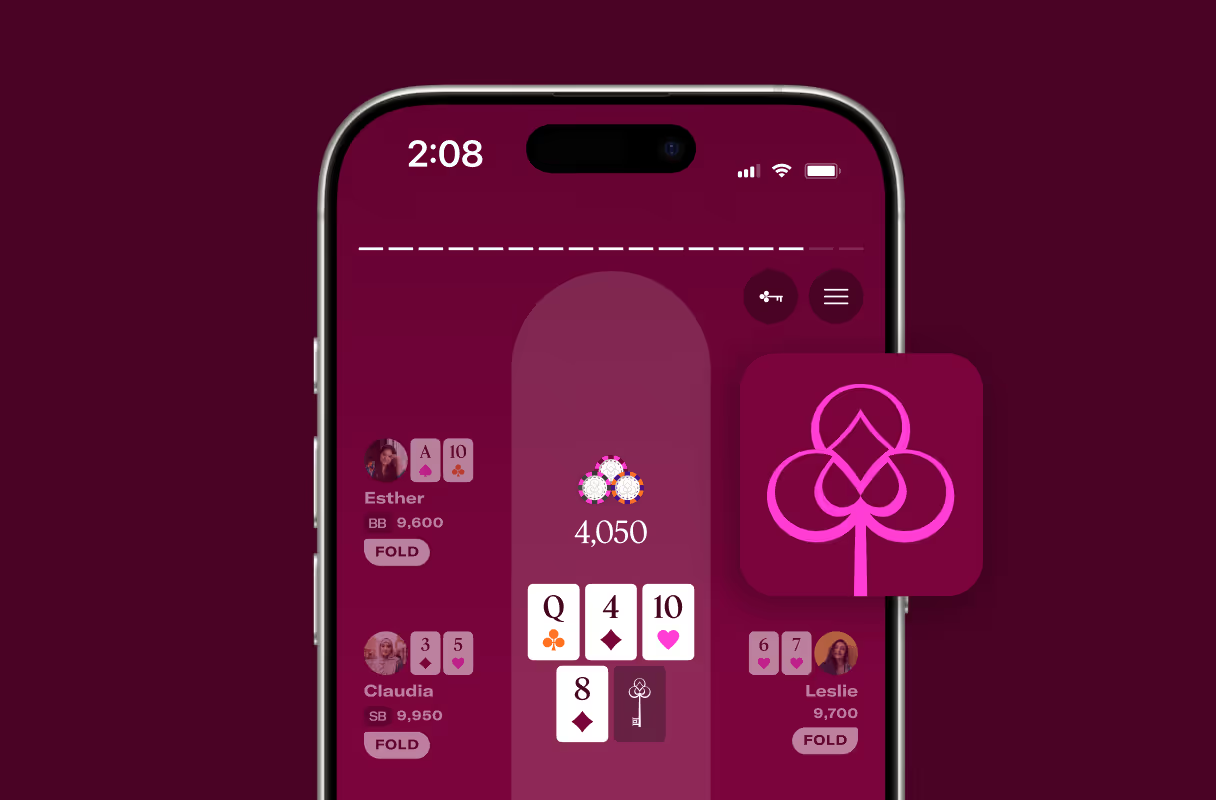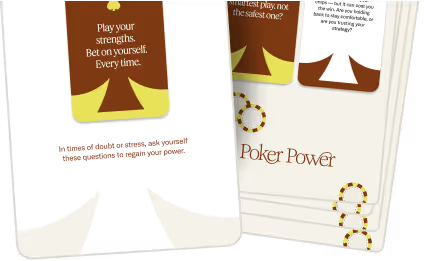Somewhere along the way, we've bought into the Superwoman myth. We all should be able to work fulfilling full-time jobs; take care of family, kids, parents, and pets; make our own sourdough starters that sit on the counters of our perfectly decorated farmhouse-style kitchens; and hike for miles on end throughout every national park in the country.
The reality is many women dream of better career opportunities. Others are overwhelmed having been roped into running yet another fundraiser by the president of the parent-teacher association. Then, there's all of the family obligations you just can't turn down.
Mustering up the courage to change your situation takes guts. And, as that old Kenny Rogers song says, it's all about learning how to walk away. Walking away doesn't necessarily mean giving up or quitting, but rather knowing when to pass on things that aren't in your best interest and acting when the right opportunity comes along.
Knowing when to walk away requires patience, discipline, and self-control, all attributes you can learn through playing poker.
Fold 'em till you hold 'em
Sure, there's an element of luck in poker, but if you're playing it correctly, it's mostly skill-based. You should never just "see what happens." You know, based on probabilities, putting your chips in at the right time is a good bet and over time is a profitable decision. Knowing when to fold in poker is one of the most important considerations that leads to success.
"We teach our players they should fold about 80% of the time," says AJ Rudolph, Instructor and Program Manager, Corporate and Technology, at Poker Power. "You want to play hands, but playing the right hands is what sets you up for success."
Players naturally want to be involved in many hands. That's how you rake in the chips. If you lose, you ache to jump back in right away to recoup your losses. However, there is power in realizing that making good folds and waiting for better situations might be the best play.
"I'm constantly evaluating whether strategies at the table are working. This is crucial in life as well," says Lisa Seamans, Poker Power Instructor. "Think about work or personal goals. Are there any winning solutions for those issues, or would it be best to start over? Are my relationships in a good place? If not, what can we work on to get where we want to be or is more space needed?"
Seamans says she's found the discipline she practices at the poker table also translates into her personal regimen of exercise, healthy food choices, and good sleep habits.
Not everyone loves to fold, but our instructors agree it is a necessary move to learn to become a good poker player.
"Folding your hands at the poker table feels like being benched at your basketball game. It's not fun. You want to play your hands," says Poker Power Instructor Tammi Endemann. "If you really want to be a good poker player, you need to fold. You also have to be able to fold a hand you've already played and invested some chips in, just like in a marriage. Who you picked as a mate is your pre-flop decision [before the first community cards are revealed]. Best to be patient and wait for the right person. Fold on everyone else."
The Sunken Cost Fallacy is very real. It suggests that people continue a course of action because they have already invested time and energy into it. While this is definitely true, the Poker Power instructors don't advise it during a poker tournament or in life.
Developing emotional discipline
Don't get married to your hand. What matters is the strength of your cards. "As you grow committed to a certain situation or hand, it becomes harder to fold and move on, but in the end, changing strategy can make a great difference," says Amrutha Alladi, Poker Power Instructor. "There will always be times in life that you need to walk away from certain projects or relationships."
Alladi says one skill she's learned from poker is answering the question of why do something by asking herself what she hopes to accomplish by doing this action. Be it at the poker table or at work, getting to the core of the issue helps to decide whether or not this is a good move.
"The answer can vary. You might be calling to get more information or betting the value, but it's important to be able to answer the why question," Alladi says. "Knowing it can be powerful, not only to get a better understanding of your actions, but also for allowing you to make changes."
Knowledge is power
Playing poker teaches women+ to trust their instincts and their intuition, but that doesn't mean you should play relying just on your gut feeling. Endemann says that is not the kind of intuition you should be using.
"As soon as we sit down at the poker table, we must observe our opponents. We need to figure out their bet sizing tendencies, what range of hands they play, and how aggressive or passive they play. Look for any timing or physical tells," Endemann says. "All of this information helps us play our best game. Our instincts are honed and improve over time with practice and study."
Alladi and Seamans agree there's a place for intuition in poker, but it's a well-tuned, practiced, and self-disciplined approach that will get you the wins. Be fearless, but calculated. A calculated risk-taking approach will beat a gut feeling every time.
"I've learned a lot about making calculated risks through Poker Power," Alladi says. "I think trusting your gut comes with more experience and practice."
Learning poker can teach the genuine empowerment, discipline, and the patience needed to change your situation whether it be at work, at home, or at school. Take your seat at the table and discover the power of poker for yourself. Join us today for free poker lessons.





